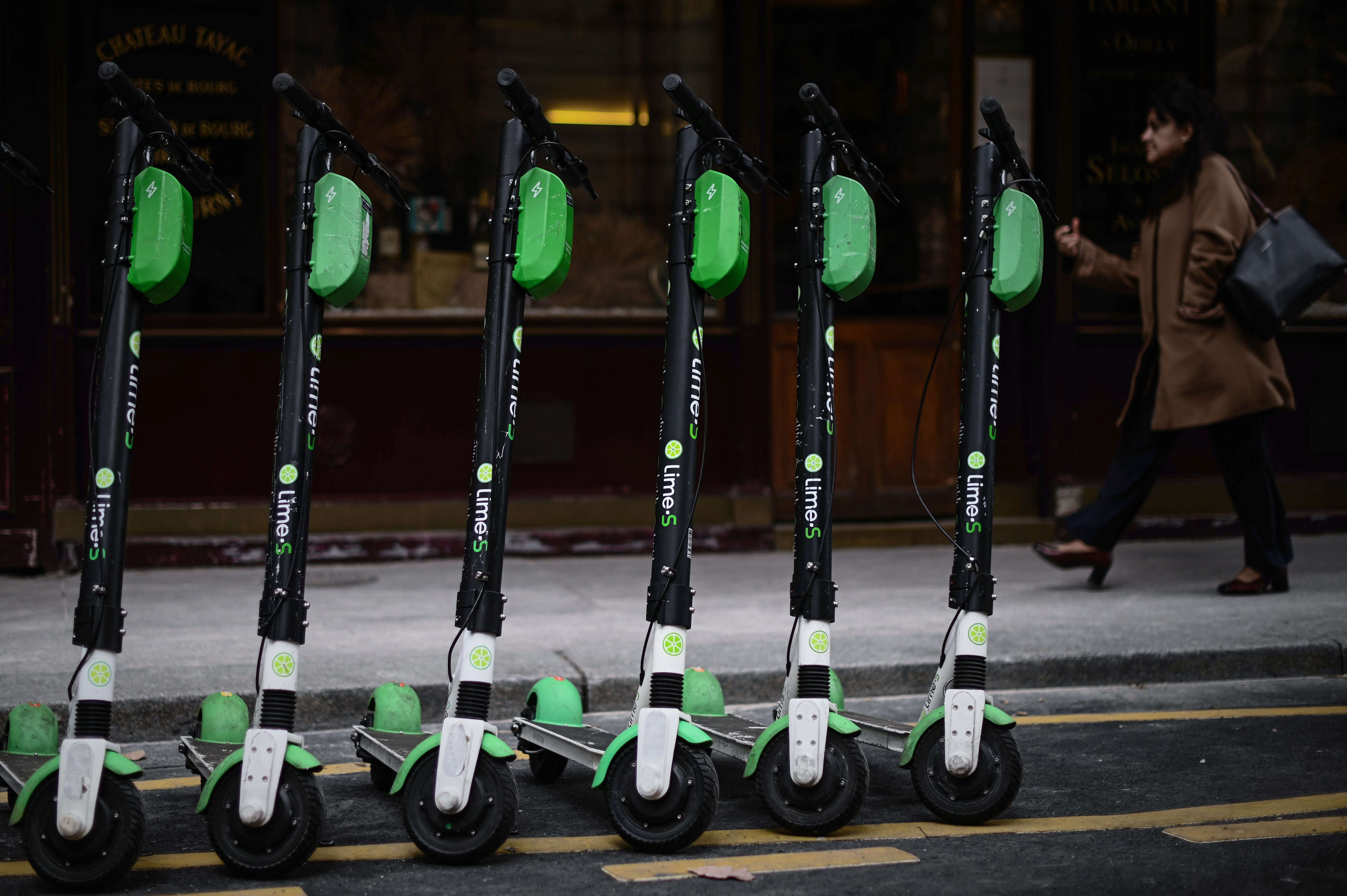‘Smoother traffic’ plan to reduce emissions in Paris and Helsinki
Transport was the largest emitting sector in the UK in 2020, and was responsible for almost a quarter of emissions, according to government data.

Two Finnish companies are testing a solution to reduce emissions in European cities by eliminating unnecessary traffic stops.
Finnish company MarshallAI and intelligent transport company, Dynniq Finland, have advanced to the final phase of a European Union-funded project to develop AI solutions to accelerate carbon neutrality in Europe’s leading cities, MarshallAI said in a news release Tuesday.
During the next six-month phase the companies will start piloting their solution in Paris and Helsinki where they aim to demonstrate that they can reduce emissions by around 5 per cent through “smoother traffic,” it said. The emission reductions focus on avoiding vehicle stops, that contribute to planet-heating greenhouse gas emissions in cities.
The project will be awarded around 245,00 euros to carry out the large-scale test.
MarshallAI says the companies’ solution focuses on shortening the green traffic light according to real-time demand to eliminate the dead seconds when no traffic is moving at an intersection, without jeopardizing traffic safety.
The AI4Cities is a three-year EU-funded project launched in 2020. It aims to support six partner cities — Helsinki, Amsterdam, Copenhagen, Paris, Stavanger, and Tallinn — to find AI solutions for mobility and energy challenges that will ultimately contribute to the reduction of CO2 emissions and help cities’ meet their climate commitments.
Other winning solutions include French business Vianova and Dutch company Rebel Transit and Ticketing who have developed a tool to optimize the emission-reduction potential of mobility policies in European cities.
The tool helps make policy recommendations, such as subsidies on rides or removal of fleet caps, based on where in a city a trip made on electric bicycles, scooters or mopeds would most likely reduce emissions compared to a internal combustion engine vehicle trip.
Traffic has the highest reliance on fossil fuels of any sector and accounts for 37 per cent of CO2 emissions from so-called “end-use” sectors, according to the International Energy Agency.
Transport was the largest emitting sector in the UK in 2020, and was responsible for almost a quarter of emissions, according to government data.
Join our commenting forum
Join thought-provoking conversations, follow other Independent readers and see their replies
Comments